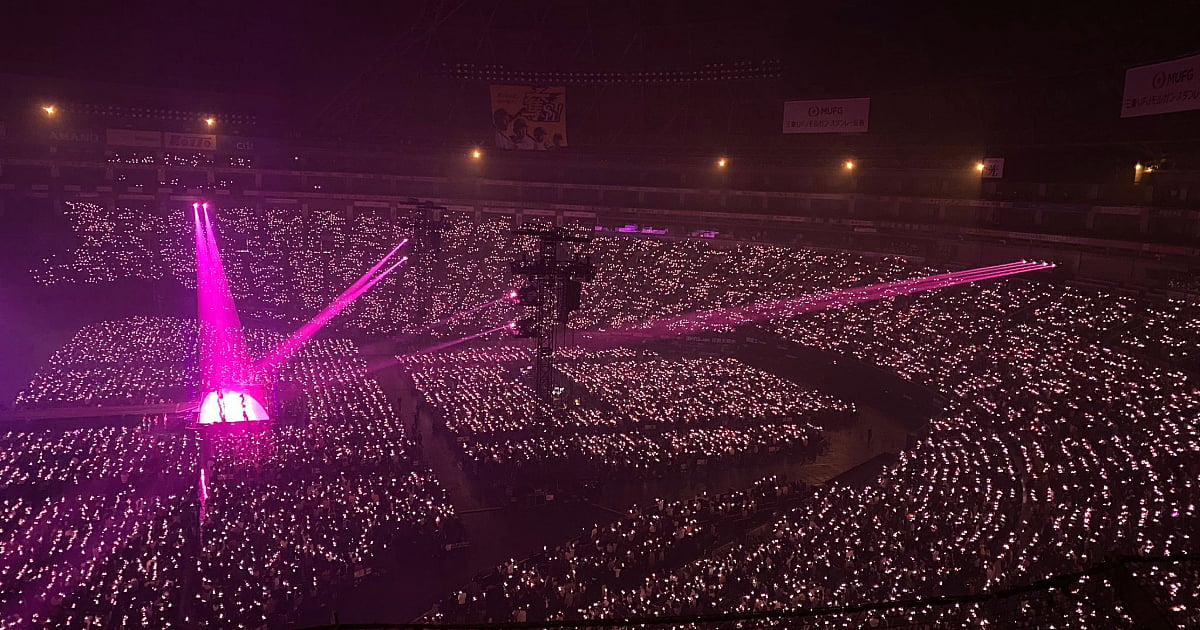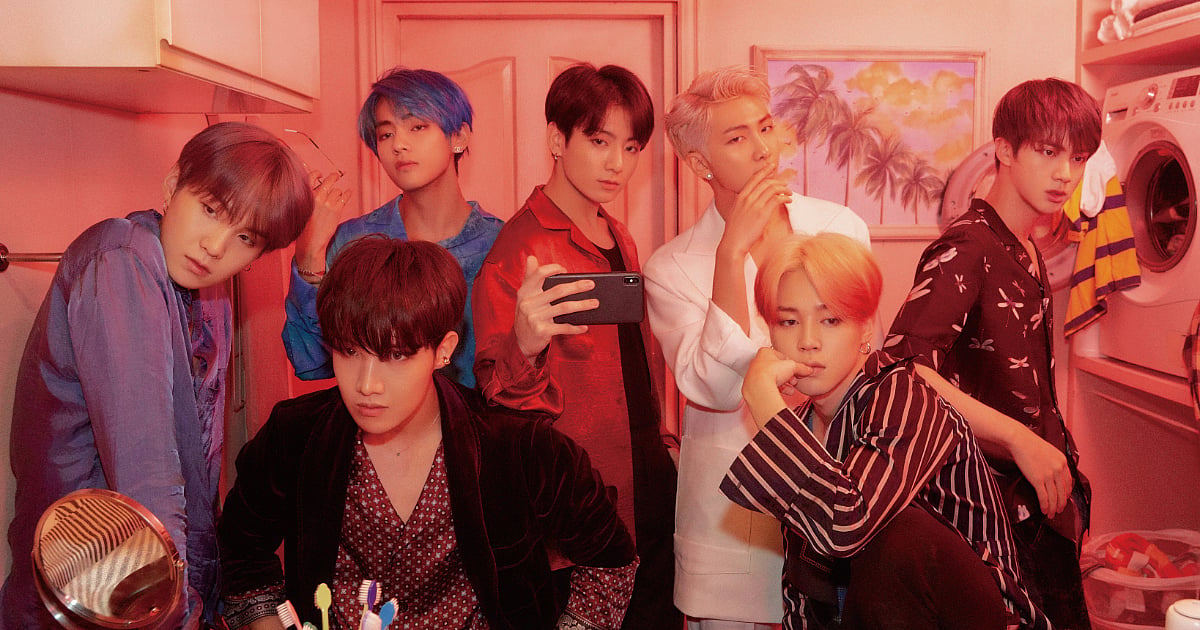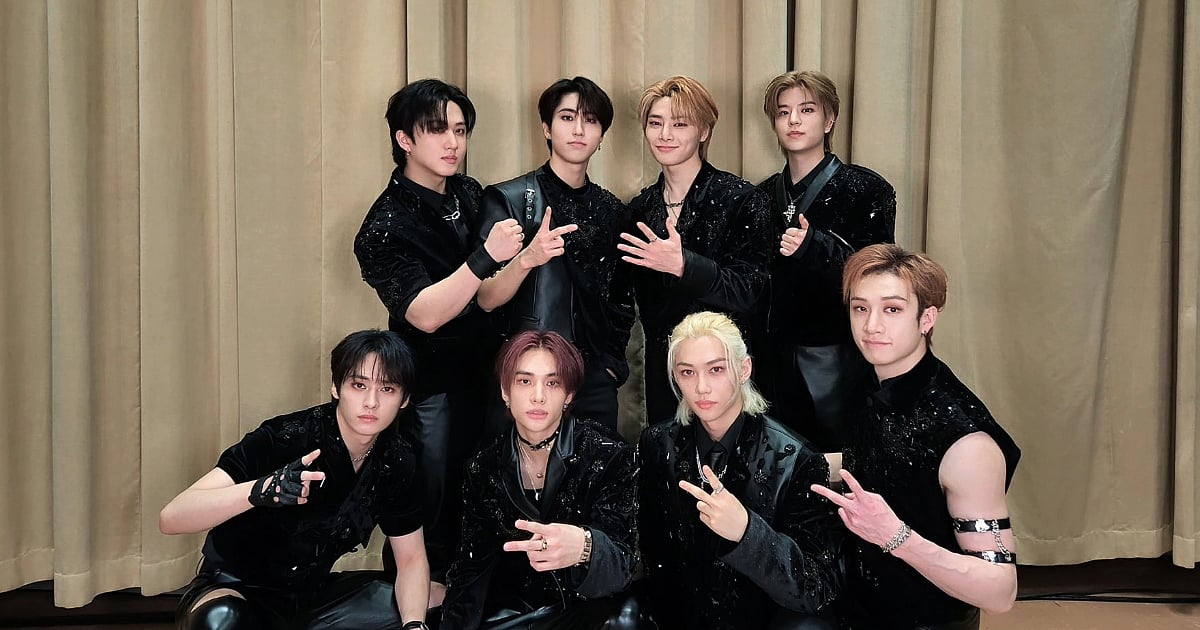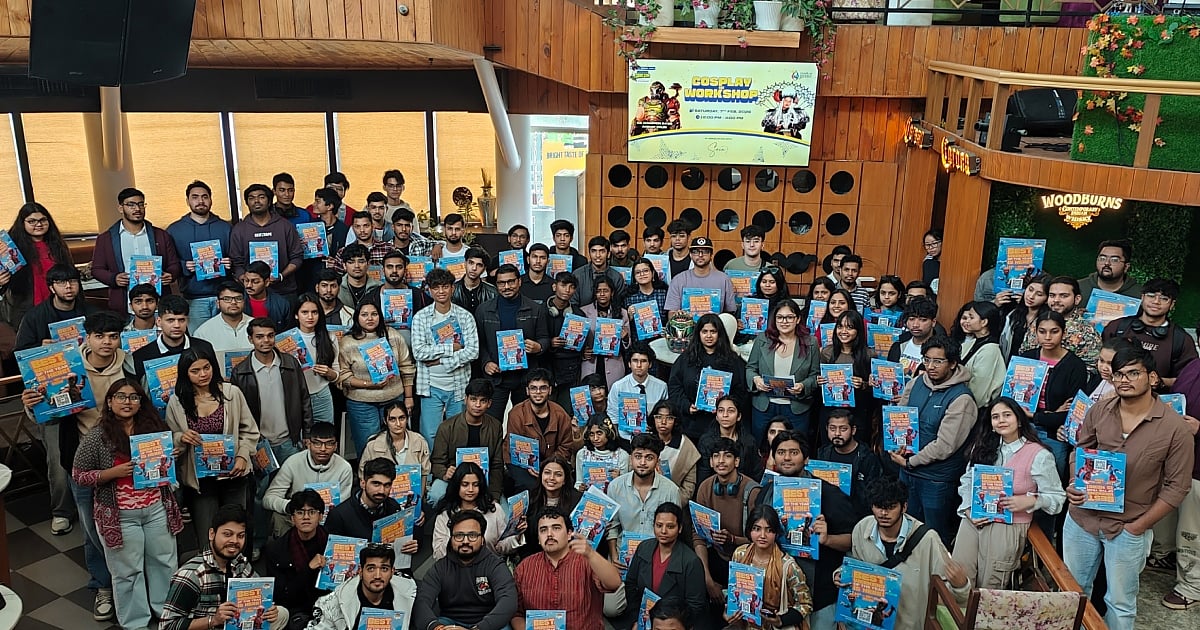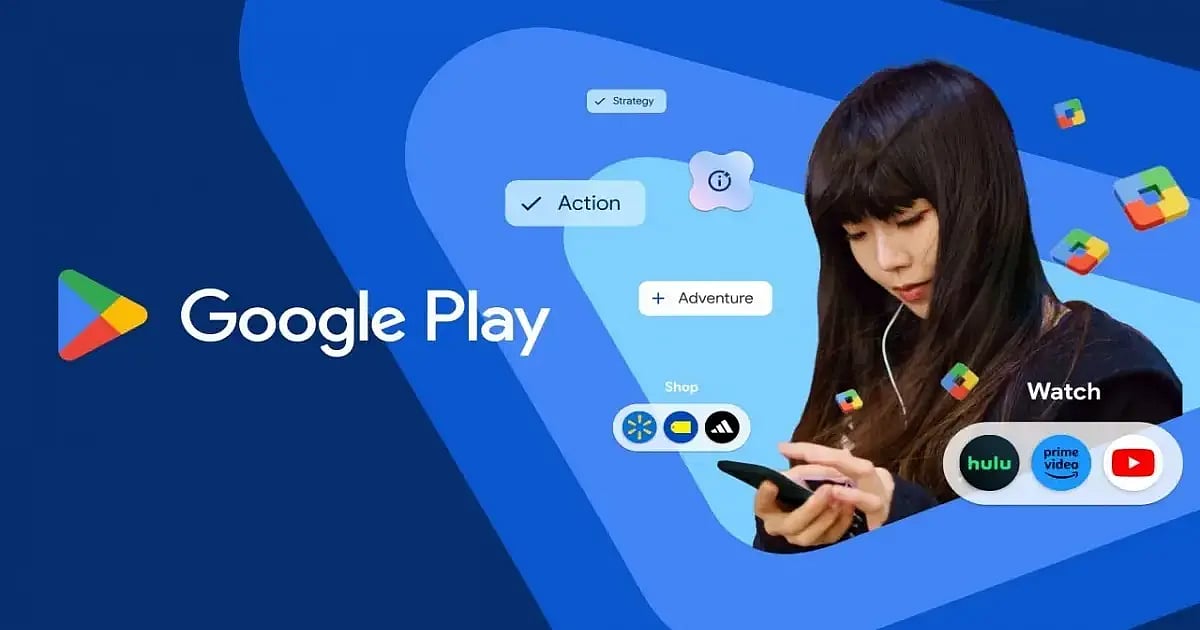
Google Play allows U.S. developers third-party billing freedom.
U.S. Google Play Store Developers Are Now Free From 30% Fee Lock
A new injunction stemming from the Epic vs. Google case will now let U.S. app developers to bypass Google’s 30% fee lock, allowing flexibility, innovation, and consumer access until 2027.
- Google Play Store app developers can now use third-party or self-hosted payment systems.
- The injunction will remain effective until November 1, 2027.
- Industry leaders say the shift will boost innovation and fair competition.
A new U.S. injunction implemented this week on the Google Play Store will now allow app developers to use third-party or their own billing system instead of Google Play Billing.
This decision comes after the Epic vs. Google case, in which the court ruled that the tech giant had unfairly linked its app store to its billing system to preserve market dominance. Following this, the Ninth Circuit upheld important portions of the verdict and the injunction.
After the judgment was disclosed, Google said that it will soon release updates regarding its new business model to ensure customer confidence and safety. However, the company's request for a stay from the U.S. Supreme Court has not been resolved.
What Does This Mean for Android App Developers in Play Store?
The new regulation, only valid in the U.S., will now allow developers to avoid Google's 30% cost by using alternative payment systems or their own web stores, which normally charge 5-10%. The court ruling is now effective until November 1, 2027.
This decision, therefore, helps developers to have more authority over pricing and availability by allowing them to disclose app details and direct download links outside of the Play Store.
Chief Growth Officer of Stash, Archie Stonehill, told PocketGamer.biz that Google’s new policy changes have “important implications” for developers, which go far beyond just aligning with what Apple already allows on iOS in the U.S.
He reiterated that, with this judgement, the developers gain "complete freedom to experiment," which enables them to make alternative payments "as immersive and native as they want." Stonehill also expects it to "transform Android game economics in the US,” which could "unlock a wave of distribution, product, and business model innovation."
Xsolla president Chris Hewish, additionally, said that the decision represents a "major shift" and could "spark fresh innovation across mobile games," while empowering "them to channel players into direct checkout flows" and "deepen their relationships with players via their own web shops."

Author
Diya Mukherjee is a Content Writer at Outlook Respawn with a postgraduate background in media. She has a passion for writing content and is enthusiastic about exploring cultures, literature, global affairs, and pop culture.
Related Articles
